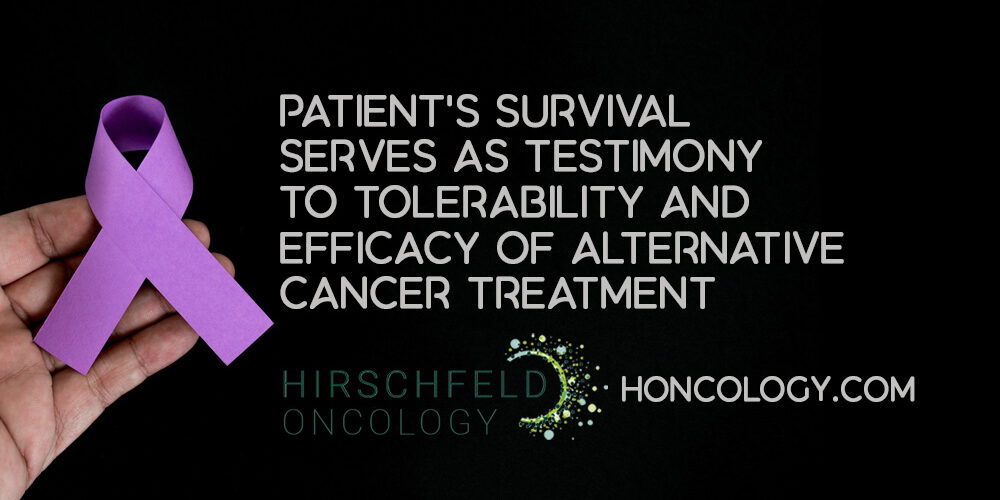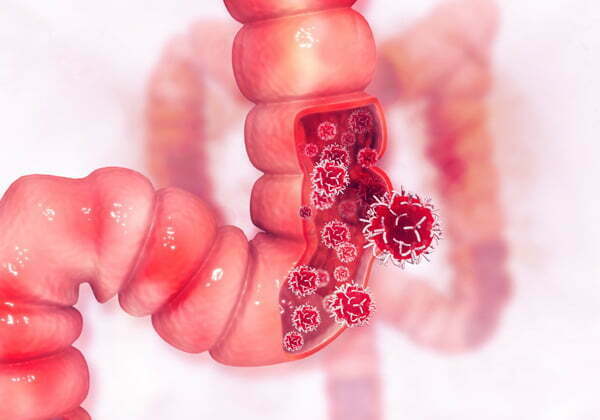The mental experience of being in remission from stage four cancer can be complex and varied. Here are some common themes and emotions that patients might encounter:
- Emotional Reactions
- Psychological Adjustments
- Coping Strategies
1. Emotional Reactions
- Relief and Gratitude: Many patients feel a sense of relief when treatment ends and they enter remission. There can be gratitude for having survived and for the support received from family and friends.
- Anxiety and Fear: Despite the relief, anxiety about the future and fear of cancer recurrence are common. Patients may worry about ongoing health concerns and the need for regular check-ups.
- Sadness and Depression: Some individuals experience sadness or depression due to the changes cancer has brought to their lives, including physical, emotional, or financial challenges.
Many survivors experience ongoing anxiety and depression. These feelings can be triggered by the uncertainty of the disease, fear of recurrence, and the physical and psychological toll of treatment
2. Psychological Adjustments
Identity and Purpose: Cancer remission can lead to a reevaluation of life goals and identity. Patients might struggle with returning to their pre-cancer life or feel compelled to make significant lifestyle changes
Emotional Roller Coaster: The transition to life after cancer treatment can feel like an emotional roller coaster, with alternating feelings of hope, uncertainty, and vulnerability
Cancer can be isolating, as survivors might feel misunderstood by family and friends or unable to engage in social activities due to health concerns
3. Coping Strategies
Support Systems: Maintaining strong support networks, including family, friends, or support groups, is crucial for emotional well-being. Engaging in activities that boost self-esteem, such as hobbies or exercise, can also be beneficial.
Professional Help: Some survivors may benefit from counseling or therapy to address ongoing mental health issues like anxiety, depression, or PTSD.
Adjusting to life after cancer involves dealing with changes in physical health, social roles, and personal relationships. Survivors often need to find new ways to connect with others and cope with these changes
Overall, while remission is a hopeful phase, it involves navigating a new normal that includes both challenges and opportunities for personal growth.

Advancements in Stage 4 Cancer Care
These advancements reflect a shift towards personalized medicine, where treatments are tailored based on the molecular and genetic characteristics of the tumor. Ongoing research and clinical trials continue to explore new combinations and strategies to improve outcomes for patients with advanced uterine cancer.
HIRSCHFELD ONCOLOGY
If you or someone you know has stage 4 cancer, it’s crucial to discuss the potential benefits and risks of targeted therapies with our team. We can help you determine the most appropriate treatment plan based on your individual circumstances.
At Hirschfeld Oncology we treat late stage cancer patients many of whom have been released by our major cancer institutions to palliative care. There is hope at Hirschfeld Oncology. Please reach out to our team for a consultation.





.png)


.png)
.png)




